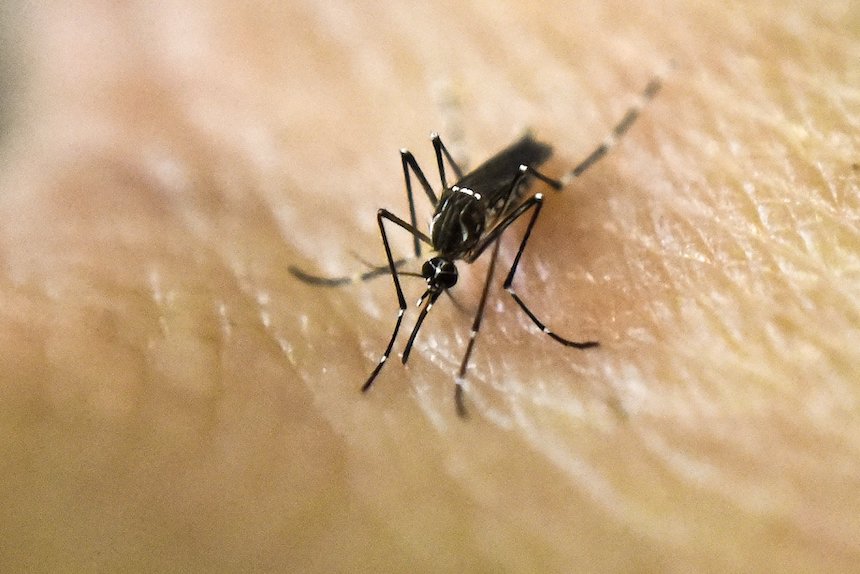2021’s first case of West Nile Virus found in Bear Lake County
Published at | Updated at
The following is a news release from the Southeastern Idaho Public Health District.
BEAR LAKE – Southeastern Idaho Public Health officials have confirmed identification of the first-ever West Nile Virus positive mosquito pool in Bear Lake County, located on the south end of the county close to the Utah-Idaho border on the west side of the lake. This is the first WNV-positive mosquito pool in SIPH’s eight counties for 2021.
West Nile is a potentially serious illness that is usually spread to animals and humans through the bite of an infected mosquito. Most people infected with West Nile do not show symptoms, more severe illnesses may occur. People with symptoms may experience fever, headaches, body aches, fatigue, nausea, vomiting, eye pain, and sometimes swollen lymph glands or a skin rash typically occurring two to 14 days after the bite of an infected mosquito. More severe infections may involve the central nervous system.
To reduce the risk for WNV, the following precautions should be taken:
- When outdoors, use insect repellent containing an EPA-registered active ingredient, such as DEET or Picaridin (apply it according to manufacturers’ instructions.) In addition, certain products which contain permethrin are recommended for use on clothing, shoes, bed nets, and camping gear. Follow the directions on the package.
- Use insect repellent and wear long sleeves, pants, and loose-fitting clothing at dawn and dusk when mosquitoes are most active and feeding. If possible, consider staying indoors during these hours.
- Make sure to have good screens on windows and doors to keep mosquitoes out.
- Get rid of mosquito breeding sites by draining standing water from flowerpots, buckets, and barrels. Change the water in pet dishes and replace the water in birdbaths and feeding troughs, at least twice a week. Drill holes in tire swings or old tires so water drains out. Keep children’s wading pools empty or on their sides when not in use.
- Don’t over-irrigate your lawns, gardens, or pastures.
For more information on WNV visit SIPH’s website or click here.


